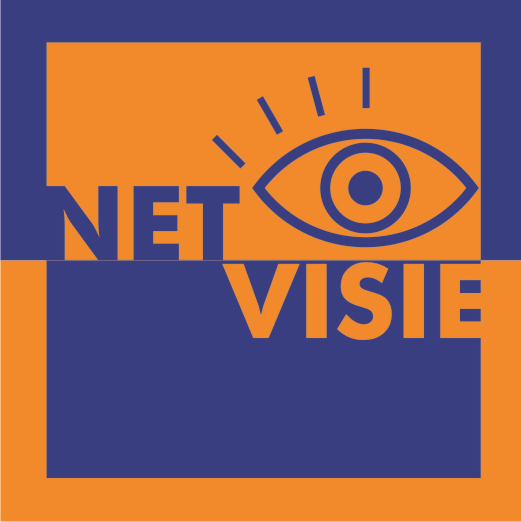IT Project management
Initiation
Planning
Work Breakdown Structure (WBS): Break down the project into smaller, more manageable tasks.
Schedule: Develop a timeline for project activities and tasks.
Resource Planning: Identify and allocate necessary resources, including personnel, equipment, and budget.
Risk Management: Identify potential risks and develop strategies to mitigate them.
Communication Plan: Define how project information will be communicated to stakeholders.
Execution
Task Execution: Carry out the project plan, ensuring that tasks are completed according to the schedule and within scope.
Quality Assurance: Implement processes to ensure that the project delivers a high-quality output.
Monitoring and Controlling:
Progress Tracking: Regularly track project progress against the plan.
Performance Measurement: Assess the performance of the project team and take corrective actions as needed.
Change Control: Manage and document changes to the project scope or plan.
Issue Resolution: Address and resolve any problems or roadblocks that arise during the project.
Closing
Documentation: Compile all project documentation, including lessons learned, for future reference.
Project Closure Report: Summarize the project’s success, challenges, and key takeaways.
Handover: Transfer the project’s results or deliverables to the operational team or client.
Communication
Status Reporting: Provide regular status reports to keep the project team and stakeholders updated.
Collaboration Tools:
Use project management tools and software to facilitate collaboration, track progress, and manage documentation.
Adaptability
Successful IT project management requires a combination of technical knowledge, leadership skills, effective communication, and the ability to adapt to changing circumstances. Additionally, IT project managers often follow established project management methodologies such as Agile, Scrum, or Waterfall, depending on the nature of the project and organizational preferences.
